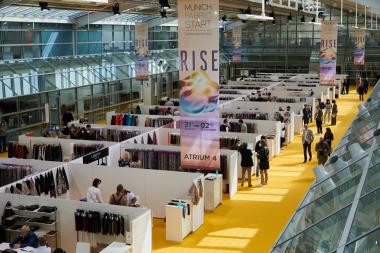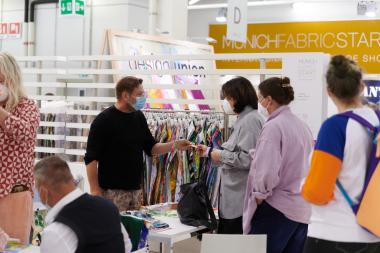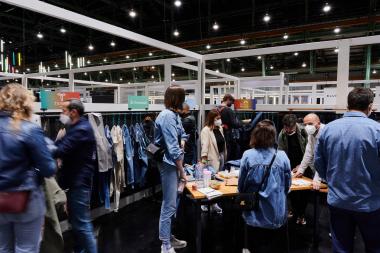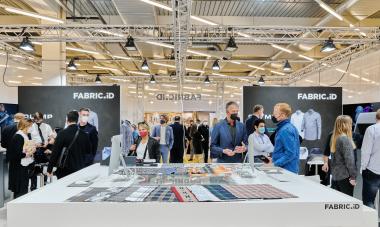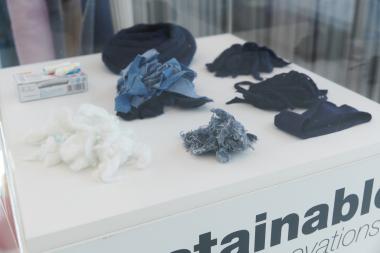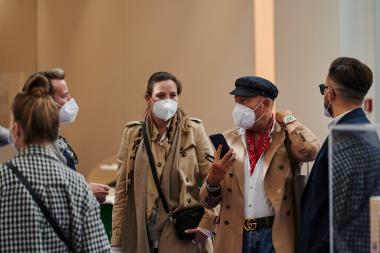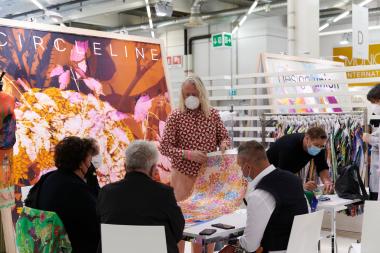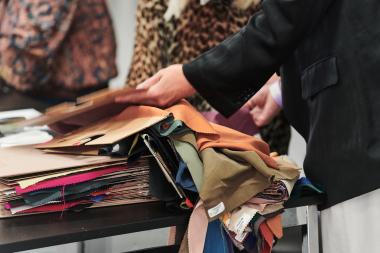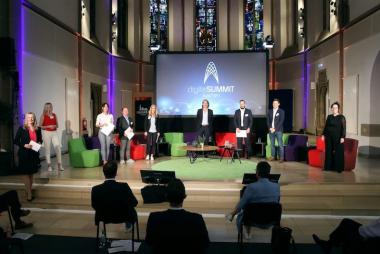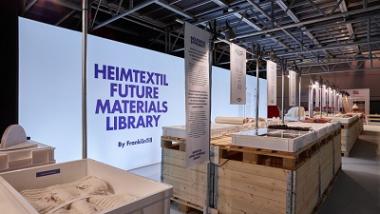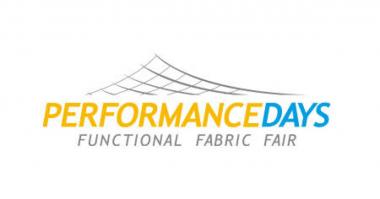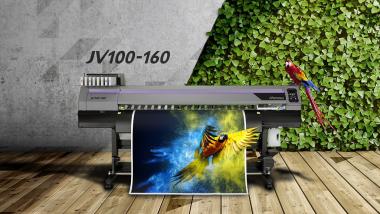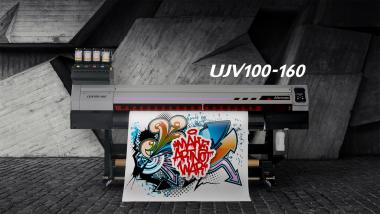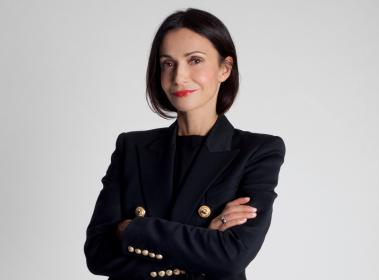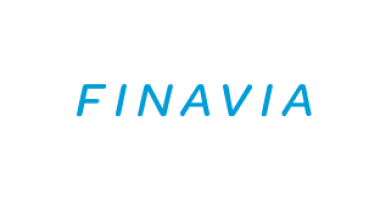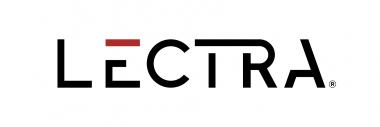Texcare International will not take place in 2021
- Leading suppliers of textile-care technology cancel their participation
Leading suppliers of laundry and dry-cleaning technology have used the free cancellation deadline offered by Messe Frankfurt against the background of the pandemic and cancelled their participation in Texcare International 2021 shortly before expiry. In view of this the Advisory Council of the world’s leading textile-care fair have voted to cancel Texcare International for this year because its success can no longer be guaranteed.
In view of the corona crisis earlier this year, Messe Frankfurt offered exhibitors of Texcare International the right to cancel their participation free of charge until 3 September 2021. As the months passed, the overall outlook became increasingly positive and, by the beginning of August, around 200 companies – including the important and big manufacturers from all parts of the textile-care sector – had registered to exhibit at Texcare International in Frankfurt am Main from 27 November to 1 December 2021. Factors contributing to this included the growing pace of vaccination around the world, the categorisation of trade fairs as business events and the officially approved protection and hygiene concept of Messe Frankfurt. Nevertheless, the mood changed shortly before the cancellation deadline as leading companies decided to withdraw from the event because of uncertainties regarding the future development of the pandemic.
Kerstin Horaczek, Vice President Technology Shows at Messe Frankfurt, took stock after the deadline: “Together with our partners, we worked untiringly to stage the Texcare International for the textile-care sector in the autumn. However, a leading international trade fair with a significantly reduced spectrum on show would not do justice to participants’ expectations of the fair as the most important meeting place and innovation hub for the sector. Therefore, we have decided to accept the vote of the Advisory Council and cancel Texcare International 2021. We are extremely sorry about this. At the same time, we are grateful for the on-going, high level of commitment demonstrated by the sector for their most important trade fair.”
Messe Frankfurt Exhibition GmbH






